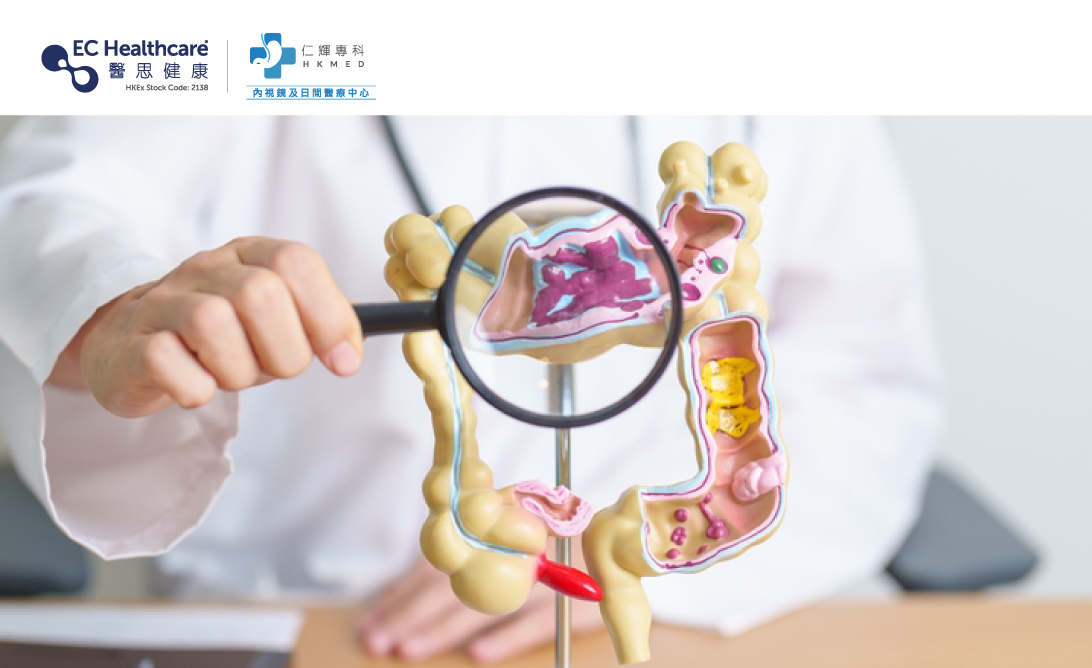Bloody Stool? These Conlon Cancer’s Warning Signs You Should Keep a Close Watch


Colorectal cancer is one of the most common cancers in Asia and the second most common cancer in Hong Kong, affecting both men and women. In general, colorectal cancer has no obvious symptoms in its early stages. It is not until the patient finds out that there is occult blood in the stool that cancer may have reached an advanced stage. It is therefore recommended that people aged 50 and above should undergo regular screening for colonoscopy so that early detection can lead to early treatment with survival rates of up to 90% or more.
However, some patients who see blood in their stools may think they have haemorrhoids and therefore confuse them and ignore the danger. If you have any of the following symptoms, you are at risk of developing colorectal cancer and should be screened as soon as possible:
1. Changes in bowel habits
Changes in bowel habits lasting more than 2 weeks (e.g. intermittent constipation or diarrhoea, stools as small as a pencil, etc.) should be checked by a doctor to find out the cause.
2. Bloody and sticky tool
Generally bleeding haemorrhoids are bright red and in large amounts. If a darker colour appears, it is likely to be a bleeding tumour and the amount of bleeding will be small, unlike the fresh blood spurting from an anal fissure. Bleeding cases should be checked in the hospital.
3. Recurrent abdominal pain or cramps
The main cause of abdominal pain or cramps is bloating, gas and farts caused by intestinal obstruction. The pain can be normally relieved after passing gas or bowel movements but it will recur.
4. Unexplained weight loss
Unintentional weight loss or losing the appetite are possible signs of colon or rectal cancer which may have spread to other parts of the body and absorbed most of the body's nutrients.
5. Frequent bloating and constipation
If you have unexplained, persistent constipation or diarrhoea (not due to medication or infection), you should seek medical advice to find out the cause.
6. Poor bowel movement
Most colorectal cancers are found in the rectum, near the anus. Patients often feel like they have the urge all day long, but they still feel like they can't get it out.
7. Unexplained anaemia
If the tumour is already bleeding and continues to lose blood drop by drop every day without realising it, iron deficiency anaemia may develop.
Related Brands



